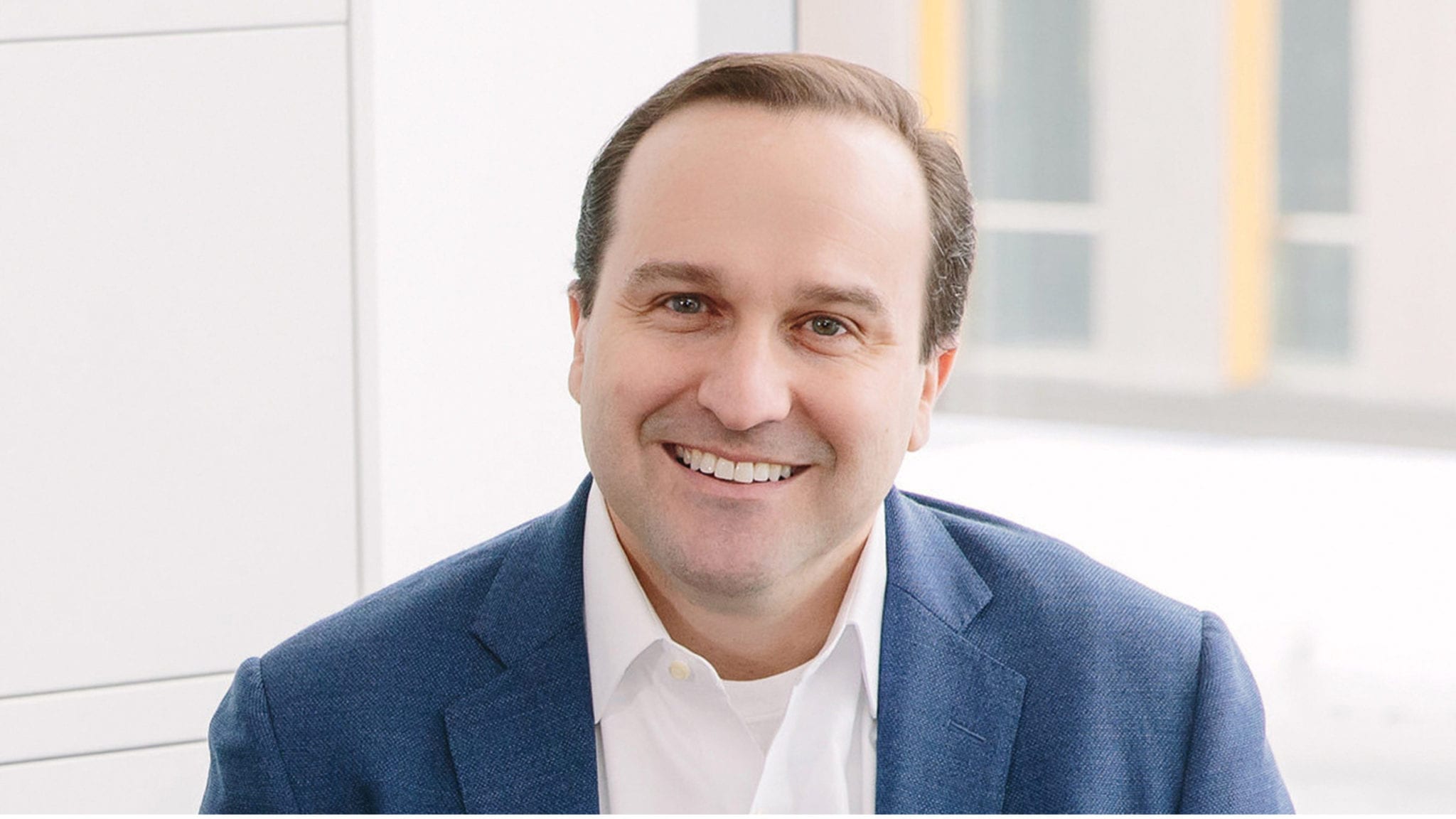
Adrian Gottschalk, Foghorn CEO (Foghorn)
Foghorn hits Nasdaq in $120M debut as the biotech IPO boom shows no sign of slowing
It’s been a record year for biotech IPOs, and the execs at Nasdaq would like nothing better than to see that momentum continue …
Sign up to read this article for free.
Get free access to a limited number of articles, plus choose newsletters to get straight to your inbox.